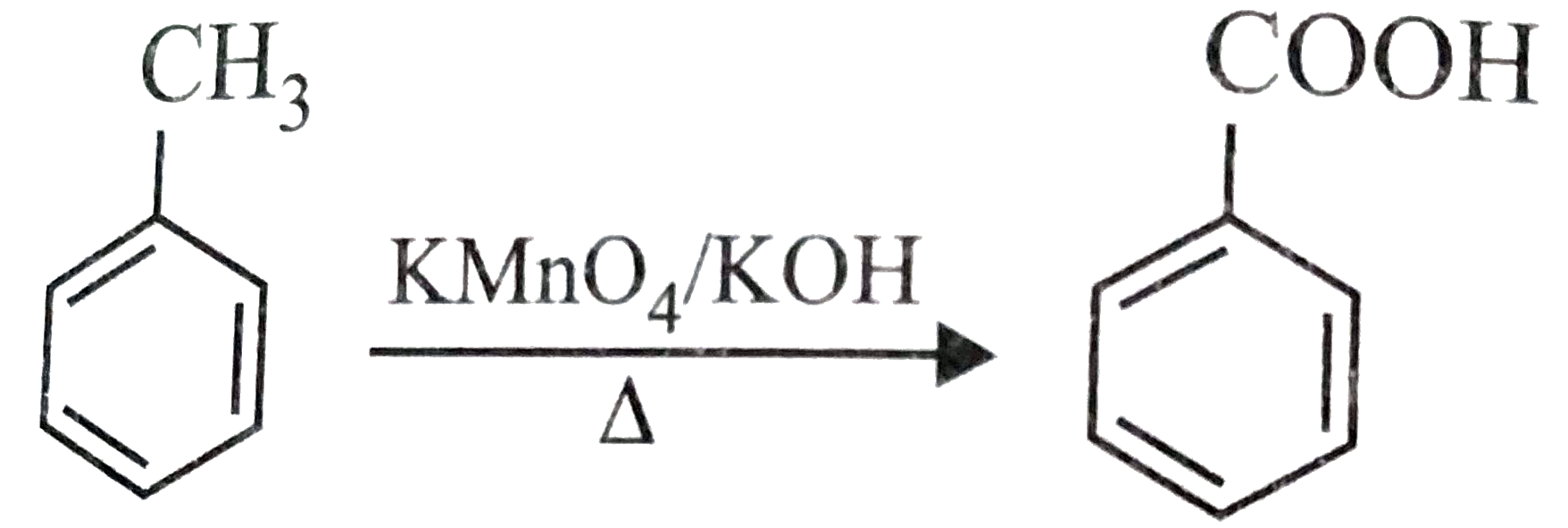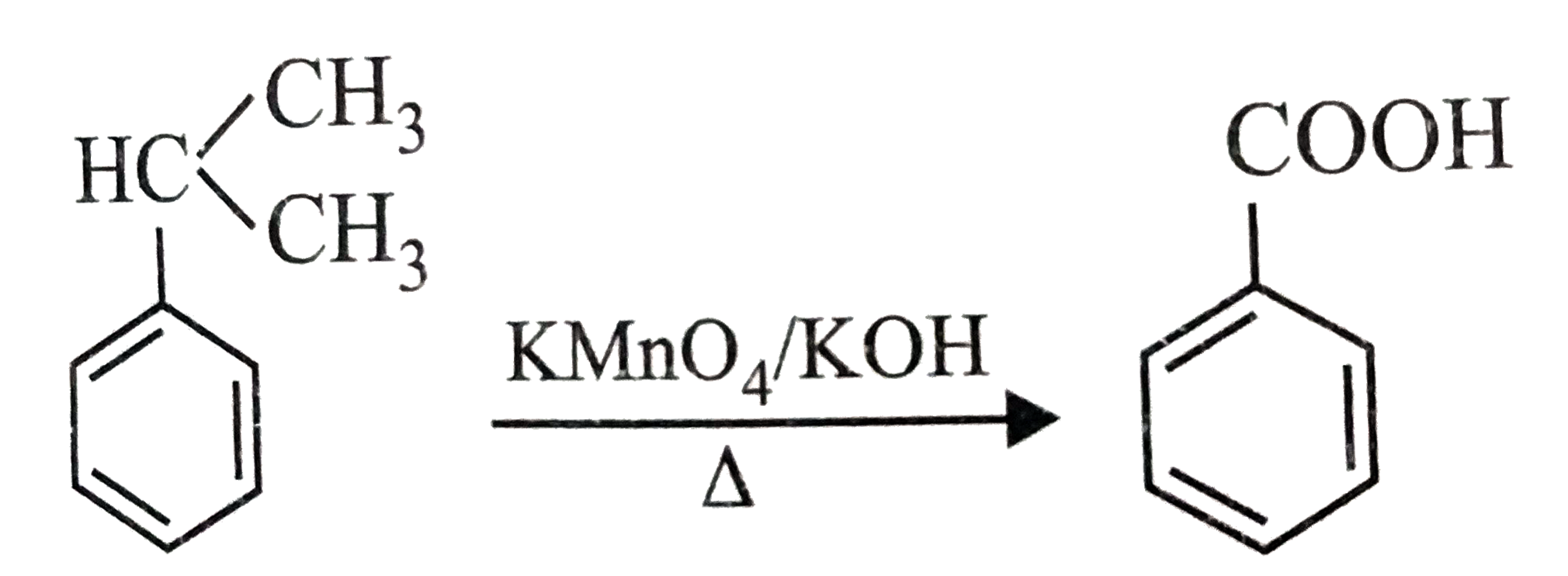Which of the following reaction(s) do/does not give an oxo-acid?
Two moles of nitric acid −H2O−−−→
One mole of sulphurus acid −H2O−−−→
Two mole of Chloric acid −H2O−−−→
Two moles of sulphuric acid −H2O−−−→
The correct Answer is:A, B, C
To determine which of the given reactions does not produce an oxo-acid, we will analyze each reaction step by step.
Step 1: Analyze the first reaction
Reaction: 2 moles of nitric acid (HNO3)
When water is removed from 2 moles of nitric acid, the product formed is dinitrogen pentoxide (N2O5).
Conclusion: N2O5 is an oxide of nitrogen, not an oxo-acid.
Step 2: Analyze the second reaction
Reaction: 1 mole of sulfuric acid (H2SO4)
When water is removed from sulfuric acid, the product formed is sulfur trioxide (SO3).
Conclusion: SO3 is an oxide of sulfur, not an oxo-acid.
Step 3: Analyze the third reaction
Reaction: 2 moles of chloric acid (HClO4)
When water is removed from chloric acid, the product formed is dichlorine heptoxide (Cl2O7).
Conclusion: Cl2O7 is an oxide of chlorine, not an oxo-acid.
Step 4: Analyze the fourth reaction
Reaction: 2 moles of sulfuric acid (H2SO4)
When water is removed from sulfuric acid, the product formed is disulfuric acid (H2S2O7).
Conclusion: H2S2O7 is an oxo-acid.
Final Conclusion
The reactions that do not give an oxo-acid are:
1. 2 moles of nitric acid (produces N2O5)
2. 1 mole of sulfuric acid (produces SO3)
3. 2 moles of chloric acid (produces Cl2O7)
The only reaction that produces an oxo-acid is the fourth one (2 moles of sulfuric acid).
Summary of Results
- Reactions that do not give oxo-acids:
- 2 moles of nitric acid
- 1 mole of sulfuric acid
- 2 moles of chloric acid
- Reaction that gives an oxo-acid:
- 2 moles of sulfuric acid
Reaction: 2 moles of nitric acid (HNO3)
Reaction: 1 mole of sulfuric acid (H2SO4)
Reaction: 2 moles of chloric acid (HClO4)
Reaction: 2 moles of sulfuric acid (H2SO4)
The reactions that do not give an oxo-acid are:
1. 2 moles of nitric acid (produces N2O5)
2. 1 mole of sulfuric acid (produces SO3)
3. 2 moles of chloric acid (produces Cl2O7)
- Reactions that do not give oxo-acids:
- 2 moles of nitric acid
- 1 mole of sulfuric acid
- 2 moles of chloric acid
- Reaction that gives an oxo-acid:
- 2 moles of sulfuric acid
Topper's Solved these Questions
- p-BLOCK ELEMENTSBOOK - VK JAISWAL ENGLISHCHAPTER - p-BLOCK ELEMENTSEXERCISE - MATCH THE COLUMN
24 Videos
- p-BLOCK ELEMENTSBOOK - VK JAISWAL ENGLISHCHAPTER - p-BLOCK ELEMENTSEXERCISE - ASSERTION REASON TYPE QUESTIONS
24 Videos
- p-BLOCK ELEMENTSBOOK - VK JAISWAL ENGLISHCHAPTER - p-BLOCK ELEMENTSEXERCISE - LEVEL 3 (PASSAGE TYPE)
17 Videos
- METALLURGYBOOK - VK JAISWAL ENGLISHCHAPTER - METALLURGYEXERCISE - ASSERTION-REASON TYPE QUESTIONS
29 Videos
- PERIODIC PROPERTIESBOOK - VK JAISWAL ENGLISHCHAPTER - PERIODIC PROPERTIESEXERCISE - MATCH THE COLUMN
11 Videos
Similar Questions
Knowledge Check
Which of the following reactions does not occur ?
A B
B C
C D
D
In which of the following reactions does the amine behaves as an acid?
A(C2H5)2NH+H2PtCI6BCH3NH2+H2OC(Me2CH)2NH+n−C4H9LiD(C2H5)3..N+BF3Which of the following reaction, does not give chloro benzene as a product?
A B
B C
C D
D
Which of the following reduction reactions does not give an amine as product?
View SolutionWhich of the following reactions does not form salicylic acid ?
View SolutionOxidation of which of the following arenes does not give benzoic
acid
View SolutionWhich of the following species does / do not exist ?
View SolutionWhich of the following species does / do not exist ?
View Solution
